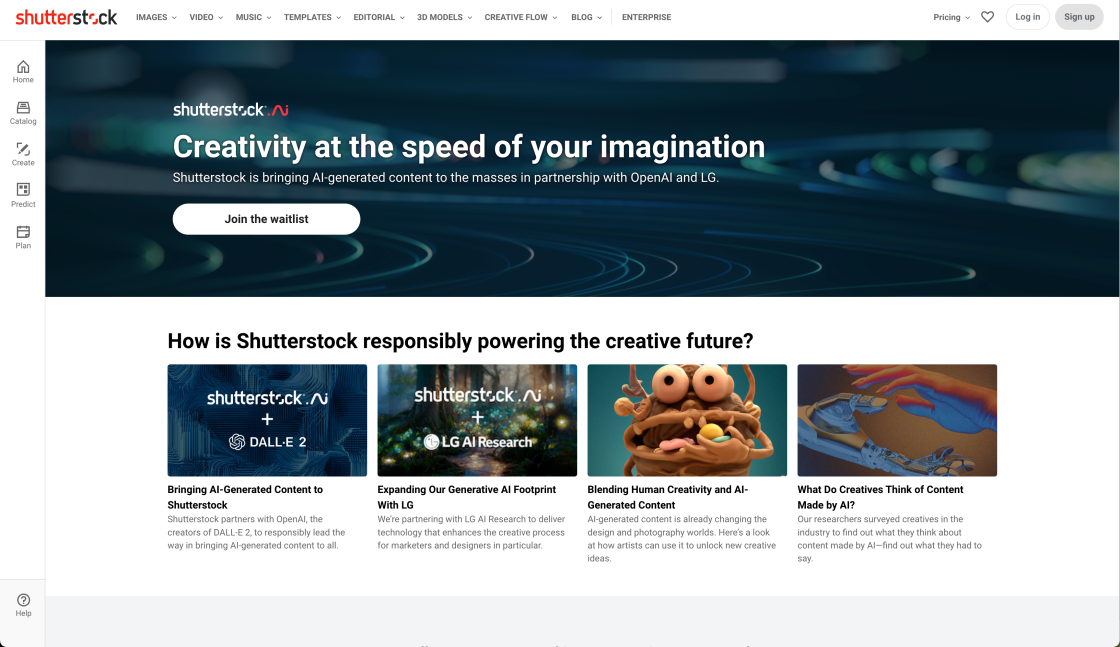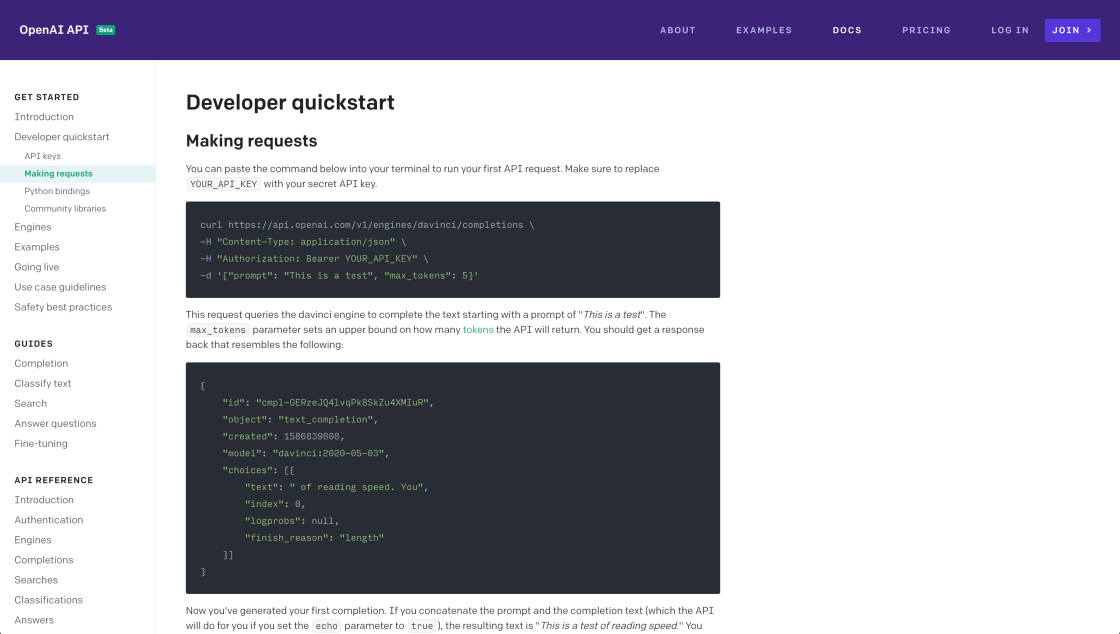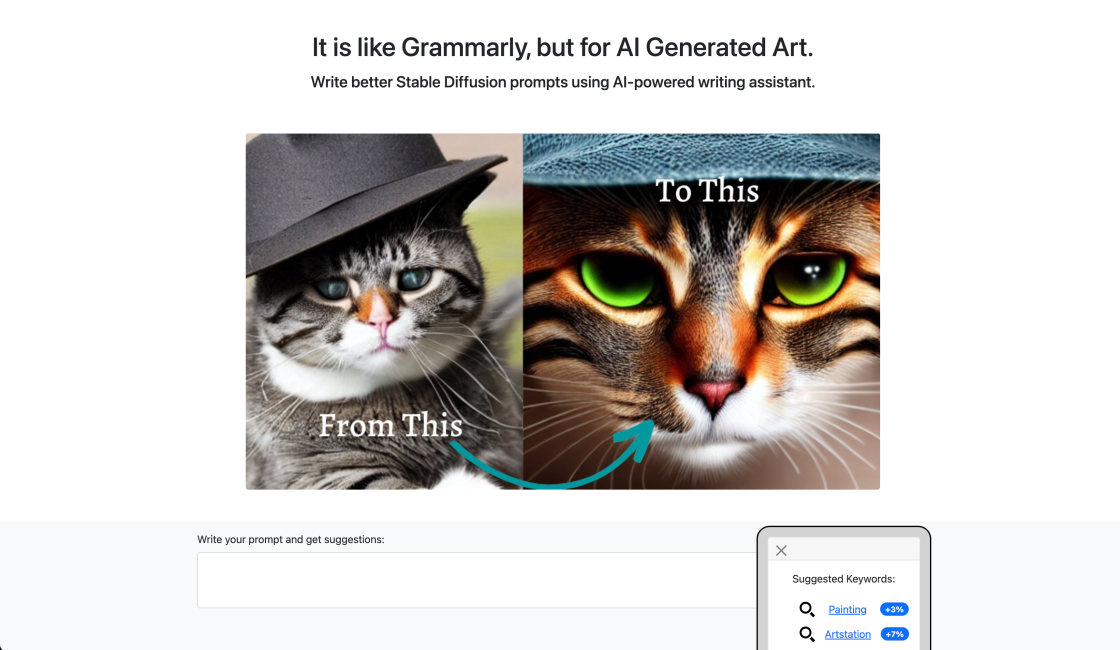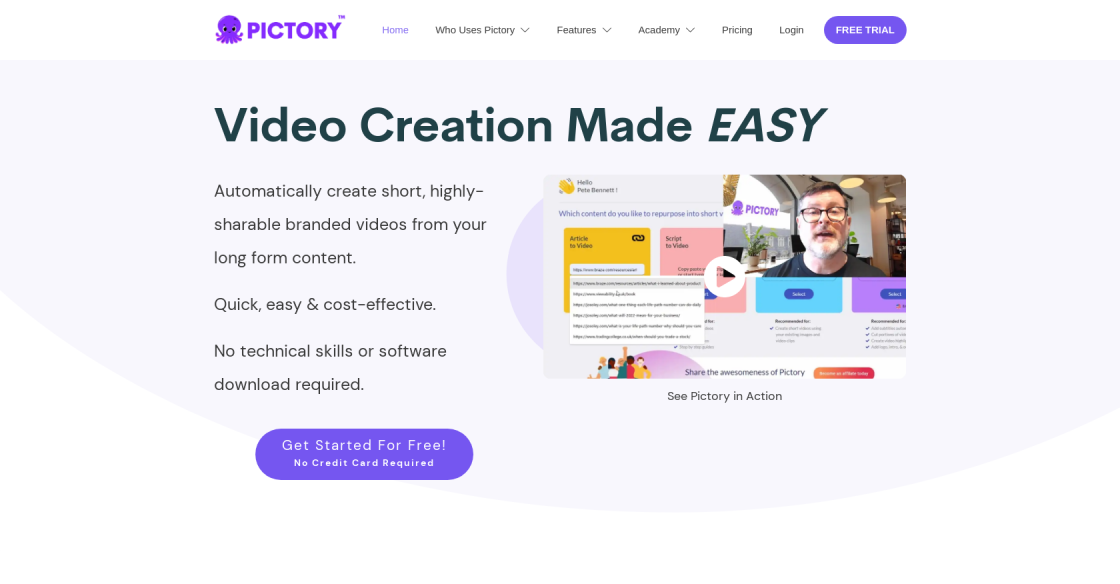

The Deep Waste system employs a cutting-edge machine learning model to categorize waste, facilitating its management with a fun and user-friendly approach.
DialogueFlow is an innovative AI-powered platform that assists developers in creating natural-language interfaces for conversational bots. This platform is designed to enable developers to build intelligent chatbots that can engage in meaningful conversations with users. With its advanced features and capabilities, DialogueFlow is becoming increasingly popular among businesses that want to provide their customers with a more personalized and interactive experience. Whether you are a developer or a business owner, this platform can help you create a chatbot that can understand and respond to natural language, making it easier for you to connect with your audience.
Snips Platform is a revolutionary technology that enables developers to integrate contextually aware voice interfaces into any device. Powered by privacy-by-design technology, the open-source conversational AI solution provides a fast and secure way to create natural language interactions, without compromising on user privacy. With Snips Platform, developers can easily build custom voice assistants, chatbots, and other conversational experiences that are tailored to their users' needs, making it a perfect solution for businesses looking to enhance customer engagement and drive productivity.
Apple has revolutionized the world of technology by introducing natural language processing in its operating systems. With iOS, macOS, watchOS, and tvOS SDKs, Apple has enabled users to interact with their devices in a more intuitive and effective manner. The natural language processing technology allows users to communicate with their devices in a more conversational way, making it easier to perform tasks and access information. This technology has opened up new possibilities for developers to create innovative applications that can understand and respond to human language. The Apple Natural Language processing is an exciting development that is set to transform the way we interact with our devices.
Google TensorFlow is an open-source software library that has revolutionized the way machine learning models are built and trained. With its powerful features and easy-to-use interface, TensorFlow has become the go-to choice for developers looking to create cutting-edge ML applications. From image recognition to natural language processing, TensorFlow has proven to be a reliable and efficient tool for building complex models. In this article, we will explore the features of TensorFlow and how it is used in the industry today.
TestComplete is a popular commercial automated testing tool that has gained immense popularity for its ability to test desktop, web, and mobile applications. It is a powerful tool that enables developers to create automated tests quickly and efficiently, ensuring the quality of their software products. With its intuitive user interface and extensive features, TestComplete is a go-to choice for many software developers across various industries. This article dives into the benefits of TestComplete and how it can help developers streamline their testing process.

Stable Diffusion Photoshop Plugin
Explore the best Photoshop apps - Adobe Photoshop

Shutterstock.AI (Upcoming)
AI Image Generator | Instant Text to Image | Shutterstock

GPT-3 API
An API for accessing new AI models developed by OpenAI.

Write Stable Diffusion Prompts
How to Write an Awesome Stable Diffusion Prompt

Talk To Books
A new way to explore ideas and discover books. Make a statement or ask a question to browse passages from books using experimental AI.

PhotoRoom
PhotoRoom - Remove Background and Create Product Pictures

Murf AI
AI-Powered Writing and Editing

Pictory
AI-Generated Storytelling
Fuzzy Logic is a field of study that deals with uncertainty and imprecision. It has been widely used in various applications, including control systems, artificial intelligence, and decision-making processes. MATLAB is a powerful software package that provides tools for numerical computation, visualization, and programming. The Fuzzy Logic Toolbox is an add-on package for MATLAB that allows users to design and simulate fuzzy logic systems. This toolbox provides a comprehensive set of functions, graphical user interfaces, and documentation to facilitate the development of fuzzy logic controllers and other fuzzy systems. With the Fuzzy Logic Toolbox, one can model complex systems and analyze their behavior under different input conditions. This introduction will explore the features of the Fuzzy Logic Toolbox and how it can be used to design and simulate fuzzy logic systems using MATLAB.
The Fuzzy Logic Toolbox is a software tool that allows you to design and simulate fuzzy logic systems using MATLAB.
Fuzzy logic is a type of logic that allows for imprecision and uncertainty in decision-making. It is particularly useful for problems where traditional Boolean logic is inadequate.
The Fuzzy Logic Toolbox provides a set of functions and graphical tools that allow you to create and simulate fuzzy logic systems. You can use it to define membership functions, create rule sets, and perform simulations.
Fuzzy logic has applications in a wide range of fields, including control systems, image processing, natural language processing, and decision support systems.
To get started with the Fuzzy Logic Toolbox, you will need to have MATLAB installed on your computer. You can then access the toolbox from within MATLAB by typing "fuzzy" at the command prompt.
With the Fuzzy Logic Toolbox, you can design a variety of fuzzy logic systems, including controllers, classifiers, and decision-making systems.
Yes, the Fuzzy Logic Toolbox is designed to be used for real-world applications. It has been used in a wide range of industries, including automotive, aerospace, and medical devices.
While a background in fuzzy logic can be helpful, it is not necessary to use the Fuzzy Logic Toolbox. The toolbox provides a user-friendly interface that allows you to create and simulate fuzzy logic systems without needing to know all the details of the underlying theory.
Yes, the Fuzzy Logic Toolbox is compatible with other MATLAB toolboxes. You can use it in conjunction with other toolboxes, such as the Control System Toolbox or the Image Processing Toolbox, to design more complex systems.
MATLAB provides a range of resources for learning about the Fuzzy Logic Toolbox, including documentation, tutorials, and examples. You can also find additional resources, such as books and online courses, from third-party providers.
| Competitor | Description | Differences |
|---|---|---|
| ANFIS Toolbox | Design and simulate adaptive neuro-fuzzy inference systems using MATLAB. | ANFIS Toolbox focuses on adaptive neuro-fuzzy inference systems while Fuzzy Logic Toolbox focuses on fuzzy logic systems. |
| Neuro-Fuzzy Designer | A graphical user interface for designing and simulating fuzzy inference systems. | Neuro-Fuzzy Designer is a standalone application while Fuzzy Logic Toolbox is a MATLAB toolbox. |
| FuzzyTECH | A software package for designing, testing and implementing fuzzy logic systems. | FuzzyTECH is a standalone application while Fuzzy Logic Toolbox is a MATLAB toolbox. FuzzyTECH also supports the implementation of fuzzy logic systems in hardware. |
| jFuzzyLogic | An open-source fuzzy logic toolbox written in Java. | jFuzzyLogic is not limited to use with MATLAB like Fuzzy Logic Toolbox. However, Fuzzy Logic Toolbox has more extensive documentation and support. |
Fuzzy Logic Toolbox is a powerful software tool that allows designers and engineers to design and simulate fuzzy logic systems using MATLAB. The toolbox provides a wide range of tools and functions for building and testing fuzzy logic models, making it an essential tool for anyone working in the field of control engineering.
One of the key benefits of the Fuzzy Logic Toolbox is its ability to handle uncertain or imprecise data. Traditional control systems rely on precise mathematical models, but fuzzy logic models can handle data that is ambiguous or not well-defined. This makes them ideal for controlling complex systems where traditional models may not be sufficient.
The Fuzzy Logic Toolbox also provides a range of tools for designing and optimizing fuzzy logic controllers. Engineers can use the toolbox to define membership functions, create rule sets, and fine-tune system parameters to achieve optimal performance. The toolbox also supports adaptive control, which allows the system to learn and adjust its behavior over time.
Another important feature of the Fuzzy Logic Toolbox is its ability to integrate with other MATLAB toolboxes. Designers can use other toolboxes such as Simulink or Control System Toolbox to build more complex systems that incorporate fuzzy logic controllers. This makes it easier to develop and test complete control systems that incorporate multiple components.
Overall, the Fuzzy Logic Toolbox is a powerful tool for designing and simulating fuzzy logic systems. Its ability to handle uncertain data and its support for adaptive control make it an essential tool for anyone working in the field of control engineering. With its integration with other MATLAB toolboxes, it is also a flexible and versatile tool that can be used to build complex control systems.
TOP